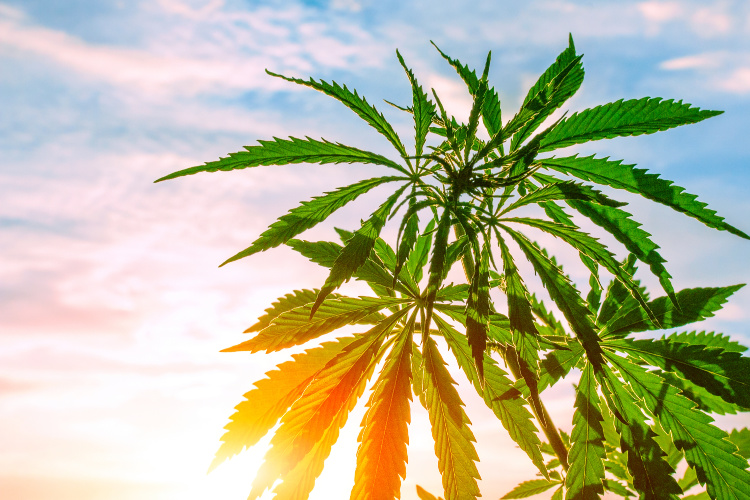For decades, cannabis has been denounced as a “gateway drug,” a relatively “soft” drug that inevitably leads to harder and more harmful ones such as cocaine, meth, and heroin (most recently by a presidential candidate). Now that a majority of U.S. states have legalized medical cannabis (and the trend towards allowing adult-use or recreational legalization will likely continue, if at a slower pace), is this argument still valid? Was it ever? We’ll dive into the latest research and attitudes towards cannabis and try to separate fact from fiction as it pertains to this important and still-relevant question.
Cannabis as a Gateway Drug: Changing Times, Changing Laws
A society’s laws, of course, are merely a reflection of what a community holds to be true, of its professed values, and of its aspirations. When marijuana was prohibited on the federal level in 1937, there was a widely held belief that it had no medical value and that it generally contributed to “low morals.” Less explicit was the sense that it was associated with Mexican immigrants in specific and people of color in general. Prohibition was, in part, a racist act.

The term “gateway drug” dates from the early 1970s and the early years of the “War on Drugs.” It was coined by Dr. Denise Kandel, a researcher who first tackled the question in 1974. Interestingly, although she was tasked with studying the potential links between cannabis and harder drugs, she went off-script and found that nicotine, not marijuana, was the most reliable path towards more harmful substances.
But because marijuana was illegal—and nicotine was not—the preponderance of anti-drug efforts was deployed against cannabis. And it turns out the question of legality is an important one when we try to untangle the question of whether or not cannabis actually serves as a gateway drug.
Cannabis as a Gateway Drug: Cracking the Data
A more recent study attempted to answer the question more authoritatively by studying data on drug use collected between 2001 and 2005. It found that cannabis use contributed to a significantly increased chance of hard drug use, although it should be pointed out that over 95% of those who reported using cannabis frequently never went on to abuse those harder substances.
But it’s the time period in which the data was collected that is potentially problematic. Because only nine states had approved medical cannabis in 2005, nearly everyone who participated in the study was breaking federal law. As some researchers point out, this behavior—breaking the law—can itself be a sort of “gateway.” Not only does buying black-market cannabis put one in touch with criminals, but it normalizes the act of law-breaking in and of itself, a predictor of future acts of criminality.

That’s not to say that using cannabis doesn’t entail a risk. It’s estimated that roughly 9% of those who use regularly use cannabis will develop a cannabis use disorder characterized by a strong desire to use cannabis, difficulties in controlling their use, an increased tolerance, and other side effects.
These symptoms all have serious implications, especially for adolescents, and we want to be clear that the staff here at Remedy Columbia is wholly committed to the safe, legal, and sustainable use of medical cannabis.
But that said, it’s important to separate fact from fiction. And when it comes to the notion of cannabis being a gateway drug, we believe that it’s more a reflection of antiquated biases than a sober examination of the facts.

